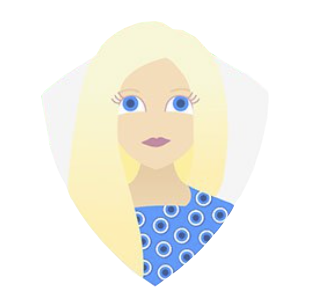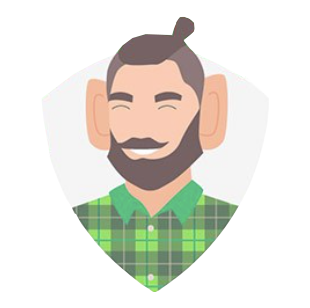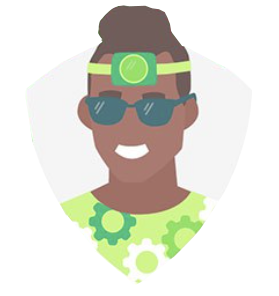Learn how you learn
By MAS Team
Studying hard but nothing sticks? It pays to know how you learn best. Especially if you're a student. So we've broken down the different approaches to learning, with some tips and tools to help you find the method to your madness.
You might even have a few different learning styles. Lucky for some. But if you're not sure what fits, take the VARK QUIZ to find out.

When you're an All-eyes-Annie, you learn best using pictures, videos and visuals.
Whatever your tutor's teaching style, take what they're telling you and make it aesthetic. Use a variety of fonts, colours, and diagrams when you're studying.
You might struggle when someone tries to explain something verbally. So tell them to hold their breath.

When you're a Ray-it-by-Ear, you learn best when things are explained verbally.
You like to talk things through, ask questions, and aren't afraid to speak up. You're THAT student who doesn't take notes during lectures. Eyes locked, ears pricked, hand in the air waiting to ask a question - that's how you get the clarity you need. Furiously scribbling notes is not your style.

When you're a Paige Turner, you learn best by well...reading and writing.
You feel most organised using lists and taking notes. A summarising pro, you know how to neatly package information into tight sentences.
To help you make sense of something, read it out loud. Then do it again. And again. Because when you're a reader/writer, repetition is your friend.

When you're an Alex-Perience, you learn best through hands-on experience.
You use all five senses to conquer every angle of a topic, relishing in the lessons gained through doing as opposed to traditional studying. But if you can't learn through experience, living vicariously through others could also work. Try reading case studies or watching autobiographies.

A desire for more health, sustainability and traceability of the food we eat is leading us to return to an age-old tradition: gardening.

Communicating and connecting with other people isn’t always straightforward, but practicing gratitude and learning about the 5 love languages can help.

Now that exams are over, it’s time to make the most of a (hopefully) gloriously sunny summer. So from the top of the North Island to the bottom of the South, here’s your holiday abroad – at home.